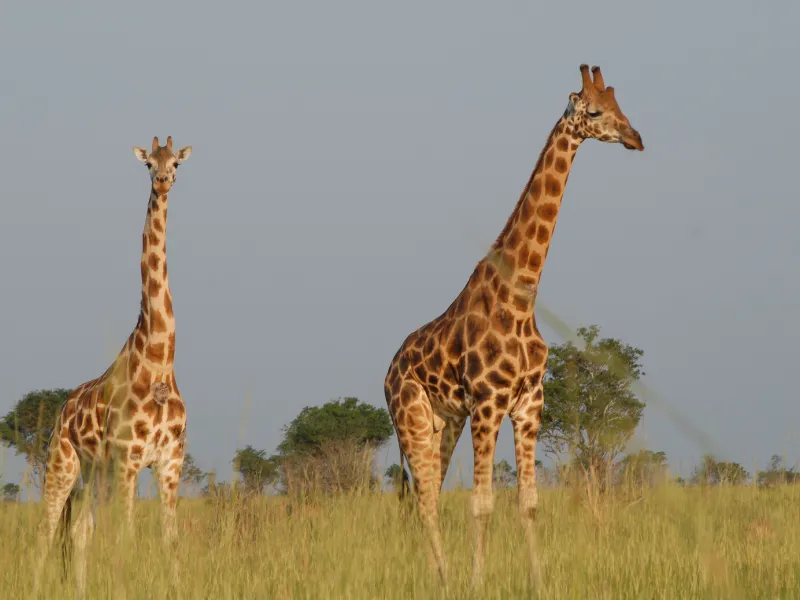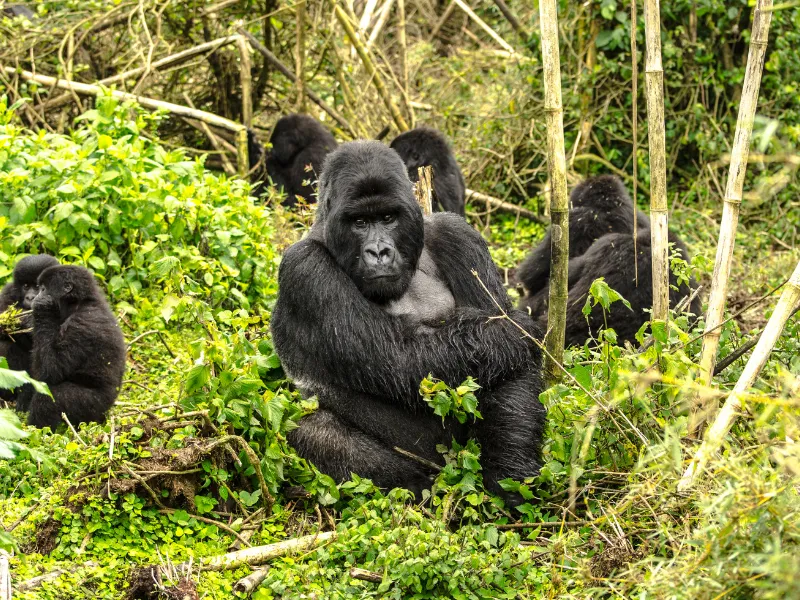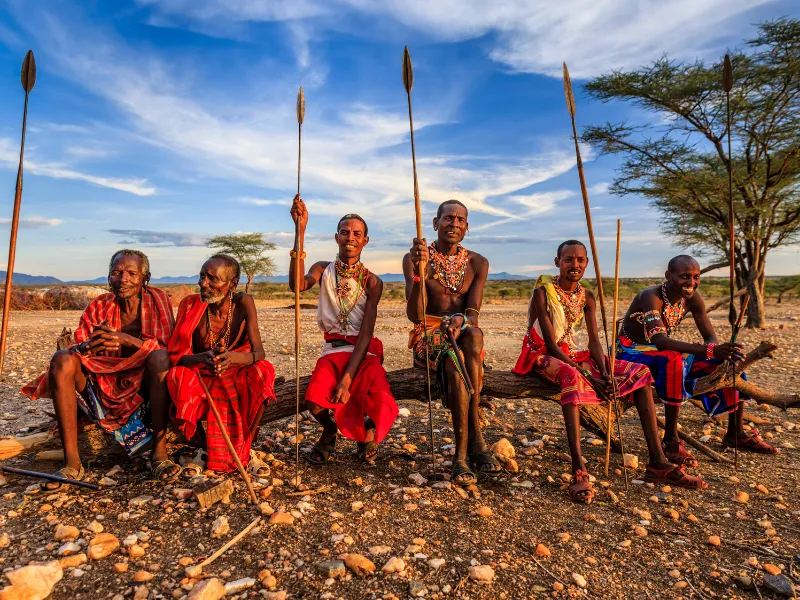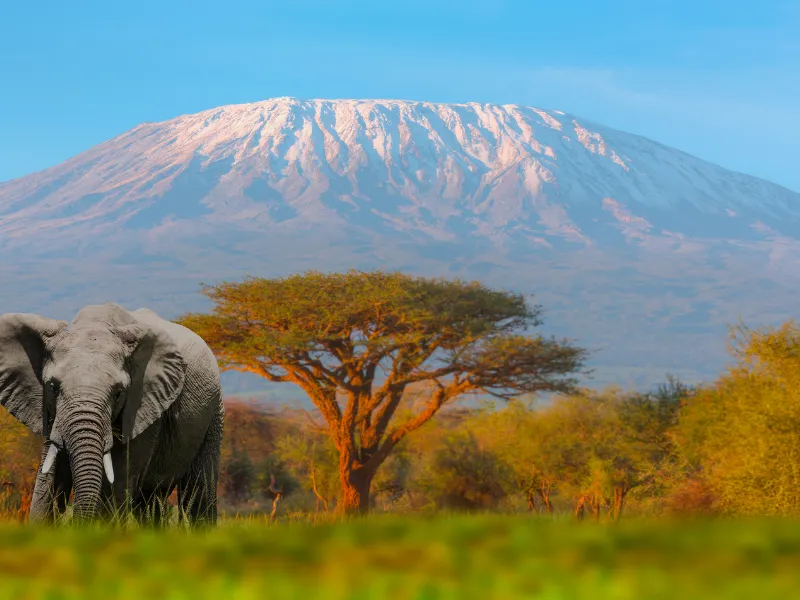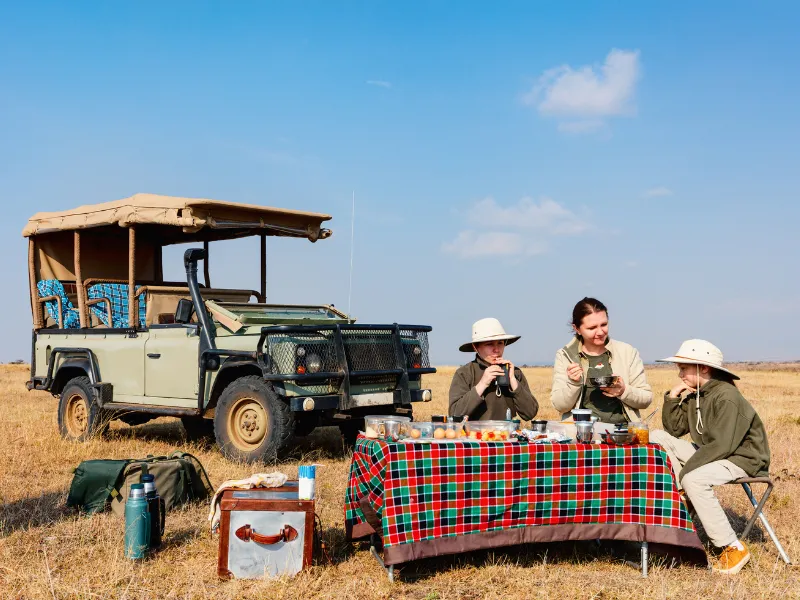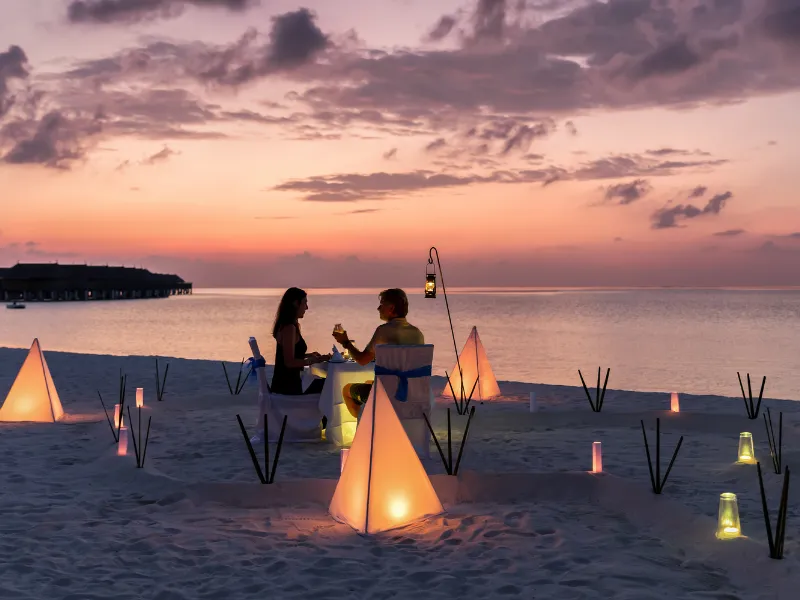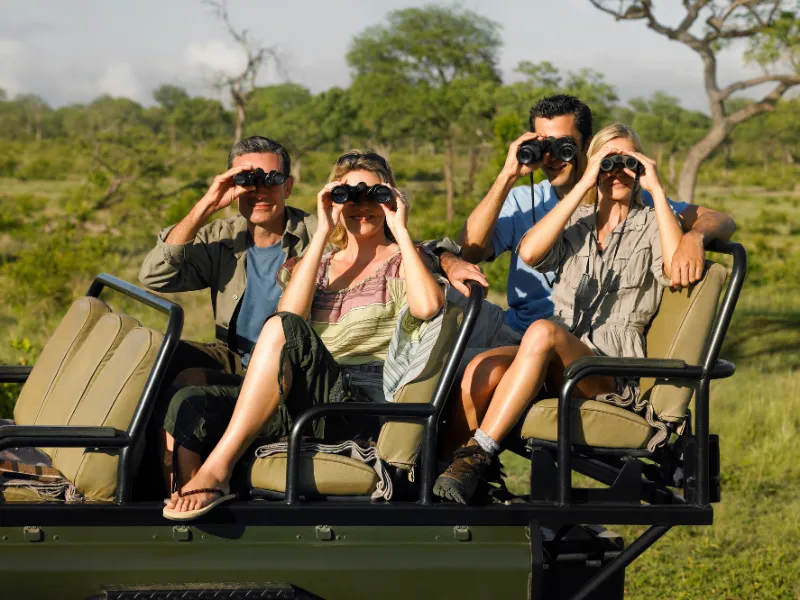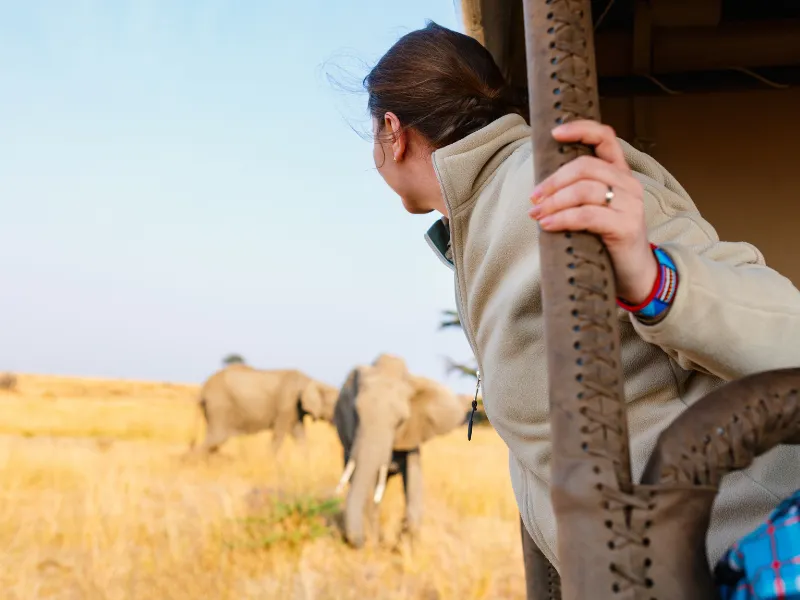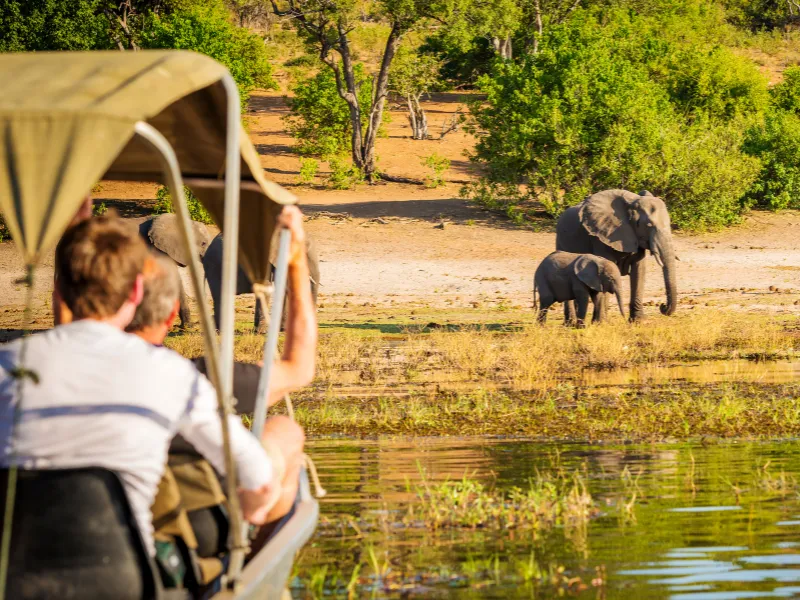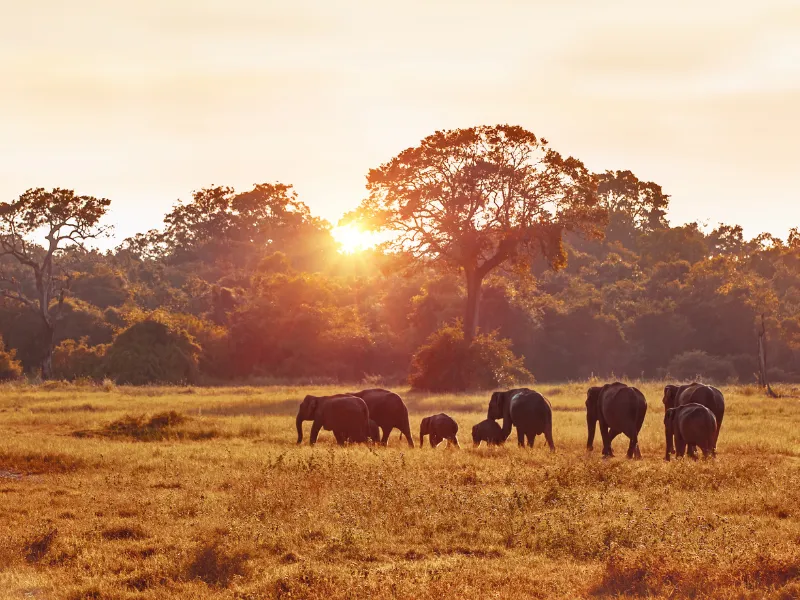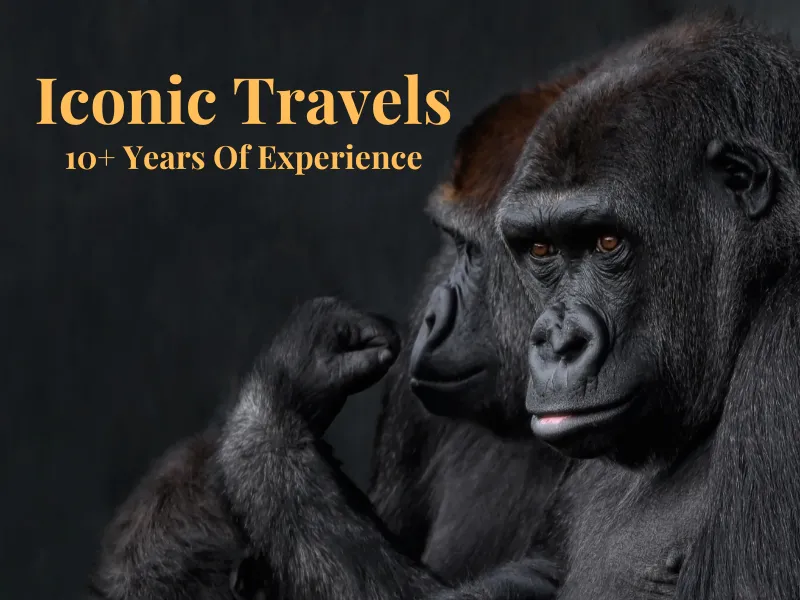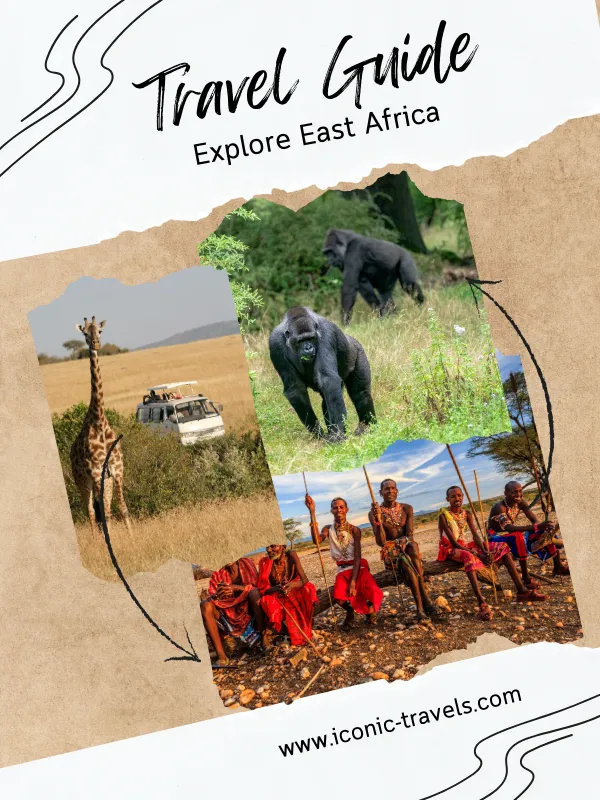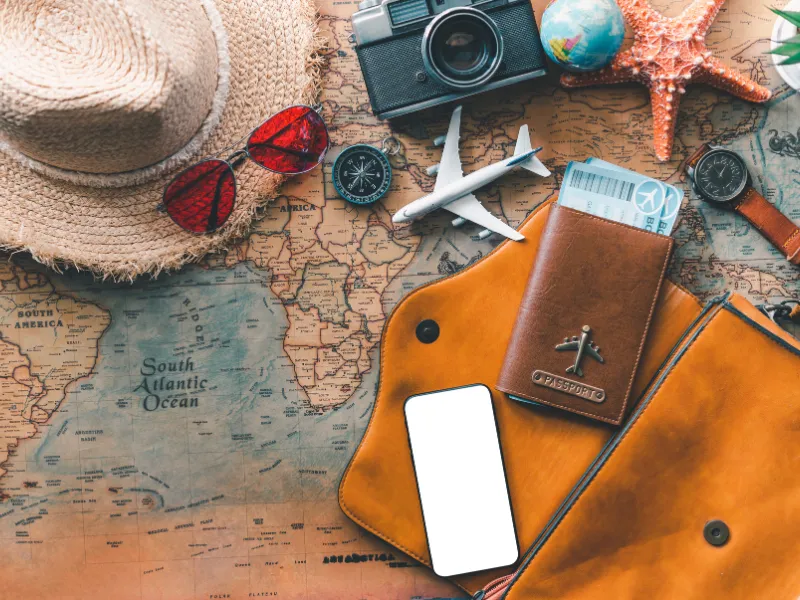Ramadan & Eid-Friendly Safaris
Annually, we expertly match over 100,000 proactive individuals seeking expertise in finance, lending, and claims management with experienced advisors and brokers.
Ramadan & Eid-Friendly Safaris: A Guide to Faith-Aware Journeys
I. Introduction: The Spirit of the Faith-Aware Safari
For the Muslim traveler, a safari is an adventure of a different kind—a journey where the wonder of the wild is shared with a profound sense of spiritual reflection and devotion. A faith-aware safari is not merely a trip but a meticulously planned experience designed to honor religious obligations without compromising on comfort, luxury, or the thrill of the African wilderness. This report serves as a definitive guide to crafting a bespoke itinerary that respects prayer times, provides for halal dining, and offers the privacy and discretion that a traveler needs to observe Ramadan and celebrate Eid in the heart of East Africa. The promise is a seamless journey where the soul-stirring beauty of the savannah becomes a backdrop for a deeply personal and spiritual experience.
II. Key Considerations for a Faith-Aware Safari
A luxury safari is, by its nature, an entirely personalized experience. When that journey coincides with a sacred time of year, every detail—from the daily schedule to the culinary offerings—is adjusted to create an environment of complete respect and support.
Prayer & Fasting
The rhythm of a safari can be harmonized with the rhythm of daily prayers. A safari can be flexible enough to accommodate prayer times, and many lodges are able to provide private spaces for prayer. The schedule can also be adapted to ensure pre-dawn meals (Suhoor) and sunset meals (Iftar) are available at the appropriate times. For instance, lodges can arrange for Suhoor to be delivered to your room in time for the Fajr prayer, and for Iftar, the traditional meal to break the fast, a private dining area can be set up. The presence of a calendar or an app with local prayer times is invaluable, especially in remote areas where the call to prayer may not be audible.
Halal Dining
The availability of halal food is a primary concern for Muslim travelers. East Africa, particularly in countries with significant Muslim populations such as Tanzania, Kenya, and Zanzibar, is well-equipped to meet these dietary needs. Many top-tier camps and lodges can provide halal-certified meals upon request, often by working with their chefs to ensure that meals are prepared in accordance with religious dietary laws, including the avoidance of pork and alcohol. Halal dining is widely available in major towns like Nairobi, and it is most abundant in coastal regions like Zanzibar and Mombasa. Lodges like Singita, for example, are known for their farm-to-table culinary philosophy and can tailor their menus to suit specific preferences.
Privacy and Accommodations
During a spiritual time, privacy is an enhanced form of luxury. Many lodges are designed with spacious, secluded suites or offer exclusive-use villas that provide a private space for a family or a group. Private villas and family suites are ideal, as they allow guests to enjoy their family time without the exposure to other travelers that is typical in a larger, more communal setting. For a Ramadan-friendly safari, the option to book a private villa with its own chef and dedicated staff is the ultimate expression of discretion and comfort.
Cool Climates for Comfort
Fasting can be a physical challenge, and the heat of the African plains can make it more so. A strategic approach to a safari during Ramadan is to choose high-altitude parks with cooler, more temperate climates to avoid intense heat during fasting hours. Destinations such as Tanzania's Ngorongoro Crater, Kenya's Laikipia Plateau, and Rwanda's Volcanoes National Park offer cooler temperatures due to their elevation, providing a more comfortable environment for a fasting traveler. The nights can be cool at these altitudes, which is a welcome respite after a warm day.
A Respectful Cultural Environment
East Africa has a significant Muslim population, with Islam being the predominant religion in Zanzibar and a major faith in coastal Kenya and Tanzania. This cultural environment ensures a high degree of understanding and respect for a traveler's religious practices. In these areas, travelers will find that mosques are numerous and that a deep sense of Islamic history and culture is present in daily life. Lodge staff are trained to be culturally sensitive, and they can liaise with guests to ensure that prayer times and other requirements are accommodated with the utmost respect.
III. Suitable Months and Celebrations
The Islamic calendar is a lunar one, which means that the months of Ramadan and Eid shift each year, offering different opportunities to experience a safari.
Ramadan 2026
The year 2026 offers a unique opportunity for a faith-aware safari, as Ramadan is expected to begin on approximately February 17 and conclude on March 18. This period falls squarely within East Africa’s "green season," a time of year when the weather is warm but manageable, and the landscape is lush and green from the rains. It is also a time of fewer tourists and lower prices, making a more tranquil and intimate safari possible. This season is ideal for combining gorilla trekking in Uganda or Rwanda with a Big Five safari in the cooler climates of Akagera or Laikipia, where evening temperatures can be refreshing and peaceful for a fasting individual.
Eid al-Fitr & Eid al-Adha
Eid al-Fitr, which marks the end of Ramadan, is a major celebration of community, charity, and renewal. The festivities often last for three days or more, with joyous gatherings and shared meals. For a traveler on safari, this can be a special time to share in the local culture. Lodges and camps can be a part of this celebration by arranging special celebratory meals and, in some cases, live music or traditional performances. In cities and towns, the atmosphere is festive and lively with feasts and community gatherings. Eid al-Adha, the "Festival of Sacrifice," occurs later in the year and is a time of giving and reflection.
Cultural Hubs: Zanzibar & Lamu
For travelers who wish to be immersed in Islamic culture during Ramadan and Eid, the coastal destinations of Zanzibar and Lamu are ideal. These islands have a rich Islamic history dating back centuries, with the majority of the population being Muslim. In Zanzibar, especially in the historic Stone Town, travelers can explore ancient mosques, wander through labyrinthine alleys, and witness the daily rhythm of a community where Islam is a central part of life. Lamu, a UNESCO World Heritage Site in Kenya, is a hub of Swahili and Islamic culture, and during Eid, it comes alive with festivals, traditional music, and vibrant community events.
IV. A Sample Safari Routine for Fasting Travelers
A faith-aware safari itinerary is designed to provide maximum flexibility and comfort. Here is a sample daily routine during Ramadan that balances the spiritual with the adventurous:
04:30 Suhoor & Fajr Prayer: A pre-dawn meal (Suhoor) is delivered discreetly to your private villa or tent, giving you time to eat and prepare for the day's fast before the morning prayer.
05:30–08:30 Morning Game Drive: Begin the morning game drive before the sun rises, taking advantage of the cool, early light when predators are most active. The drive can be shortened to a few hours, allowing you to return to the camp before the heat of the day sets in.
12:00 Midday Respite: Return to the lodge to rest, pray, or spend quiet time reflecting. Many lodges have libraries or quiet nooks for reading the Quran. This is also the hottest part of the day, making it an ideal time to be indoors.
16:30 Afternoon Drive & Iftar: A late afternoon game drive is scheduled, culminating in a special Iftar experience. Sundowners, a traditional safari ritual, are replaced with dates, fresh juices, and water to break the fast as the sun sets. A prayer mat can be set up in a quiet part of the bush or back at camp for the Maghrib prayer.
20:00 Private Dinner: The day concludes with a private dinner, either in your villa or at a secluded spot in the camp, where you can enjoy a full halal meal in comfort and privacy.
V. FAQs: All Your Questions Answered
Q: What about halal food?
A: Halal food is widely available in East Africa, particularly in major towns and coastal areas. In safari camps, it is best to inform your travel consultant in advance of your dietary needs so that the camp chefs can prepare halal-certified meals for you. Many lodges are accustomed to this request and will make the necessary arrangements.
Q: Can I fast on safari?
A: Yes, it is entirely possible to fast on safari. The experience can be tailored to be less strenuous, with shorter game drives and more rest time during the day. You may opt to avoid physically demanding activities like gorilla trekking and instead choose gentler pursuits such as light game drives, bird watching, and boat rides.
Q: How do I find prayer times and Qibla direction?
A: Many lodges can assist by providing a local prayer calendar and will gladly help you determine the Qibla direction. A portable prayer mat is a useful item to bring, and there are many apps available that can provide accurate prayer times and Qibla direction, though it's wise to have a printed calendar in case of a lack of WiFi or mobile signal in remote locations.
Q: Are there specific lodges that cater to Muslim travelers?
A: While there may not be a long list of "halal-certified" lodges, many top-tier camps are able and willing to accommodate the needs of Muslim travelers with advance notice. Lodges like Singita, Mahali Mzuri, and Angama Mara, which are known for their high levels of personalized service and flexible dining, can easily cater to specific requests for private dining and halal meals. Private villas and exclusive-use properties are also excellent options as they come with a private chef and staff who can create a completely customized, faith-aware experience.
Q: What should I wear?
A: For a safari, it's best to wear lightweight, neutral-colored clothing that is both comfortable and practical. For modesty, especially in public areas on the coast or in towns, it is respectful to wear clothing that covers the arms and legs. In a private lodge or camp, the dress code is more relaxed.
Ready to Explore More?
Our travel experts are ready to start creating your customized trip.
Destinations
Company
Follow Us
© 2026 Iconic Travels. All Rights Reserved.

